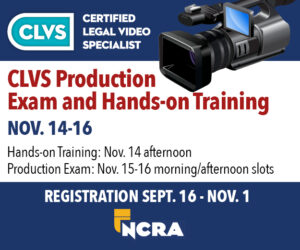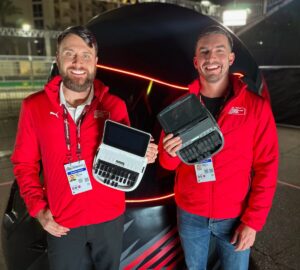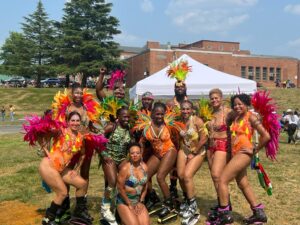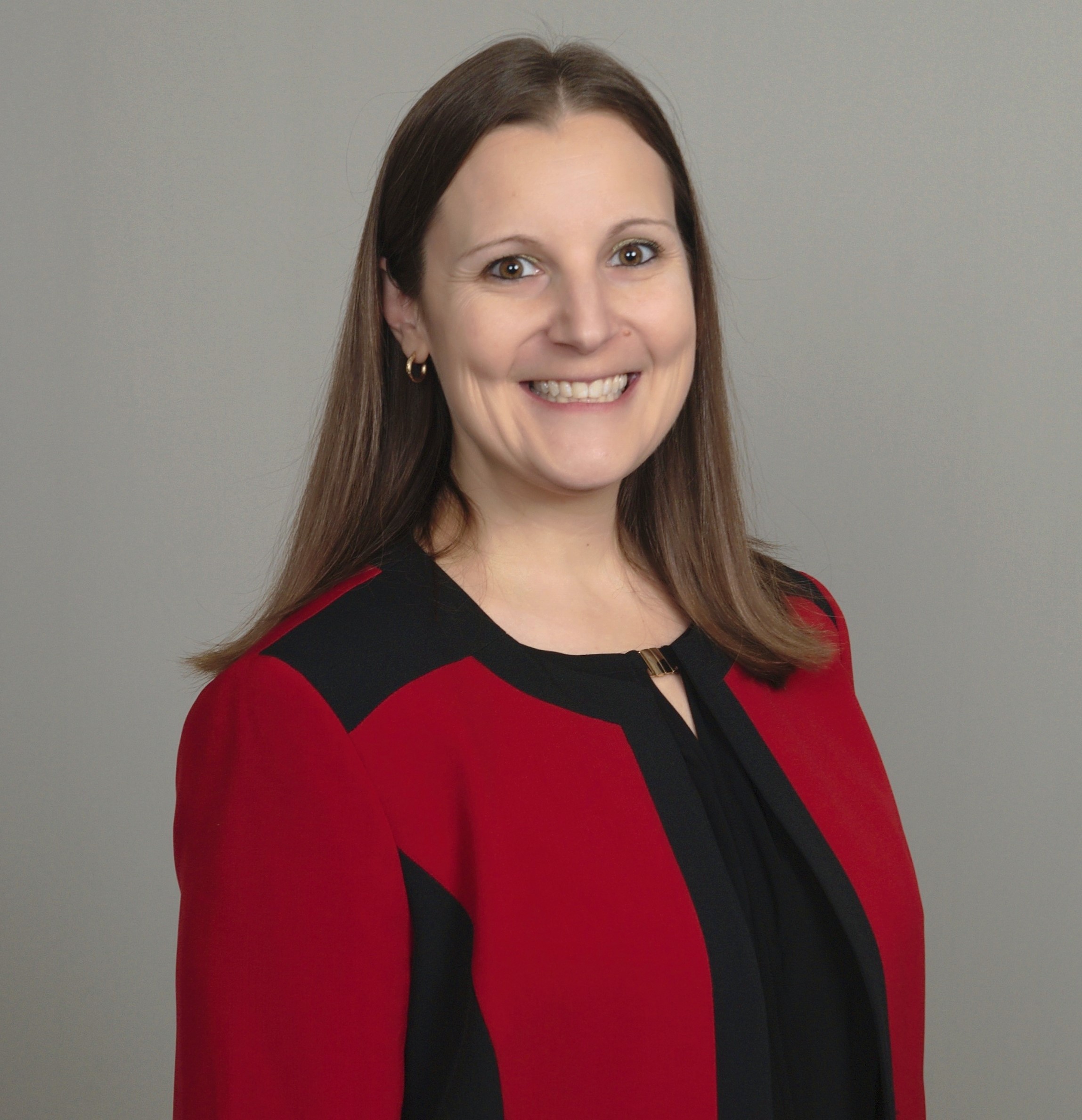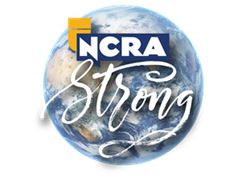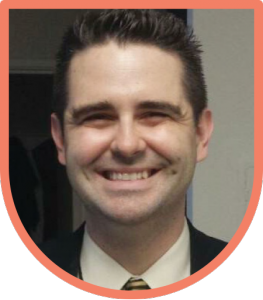
Official court reporter
Currently resides in: Imperial Beach, Calif.
Member since: 2005
Graduated from: Court Reporting Institute
Theory: Phoenix Theory
JCR | Why did you decide to earn an NCRA certification?
PENCE-AVILES | I decided to test for the RPR because it was being offered a month before the California CSR exam. I thought it would be good practice for the CSR. I actually thought the RPR was even harder than the CSR! Looking back, it was probably the best career decision I ever made, because I’m now an official in federal court, which requires that you at least have your RPR.
JCR | You competed a few years ago in the Speed Contest. Did that factor in your decision to earn additional certifications?
PENCE-AVILES | It didn’t because I never thought I would be good enough to compete in the Speed Contest. I listened to a few Speed Contest tapes when I was a brand-new reporter, and they blew me away. I never thought I would be able to write at 280 wpm. It wasn’t until I began working in federal court that I seriously began thinking about giving it a shot. People in federal court tend to speak really fast, so it was good practice for the Speed Contest. In 2014, the NCRA convention was being held in San Francisco, not far from where I was working at the time, and my coworker and mentor Jo Ann Bryce, RMR, CRR, encouraged me to give the contest a shot. So I did, and it turned out to be one of the most memorable experiences of my career. It turned out to be a very pleasant and fun experience. It helped that I knew people who were taking it, too. Compared to the CSR, RMR, or CRR, it was a piece of cake! Placing fourth in the 220 Literary and seventh overall was just icing on the cake.
JCR | Have you gotten a job specifically as a result of your certification?
PENCE-AVILES | Yes. In 2014, I applied for a position in the United States District Court in San Francisco, and the CRR was mandatory for that position. In 2015, I transferred to the Federal Court in San Diego, which also requires those certifications.
JCR | Why do you think professional certification is important?
PENCE-AVILES | It’s important because you never know where your career may take you. In 2012, I was laid off from the San Diego Superior Court due to statewide budget cuts, and from there, I did independent contract work in Florida and then ended up in Federal Court in San Francisco, then transferred back home to San Diego a year later. That wouldn’t have been possible without my national certifications. It also helps you stand out from other reporters, and it can lead to better and more lucrative work, especially if you have the realtime certification.
JCR | What would you say to encourage others considering professional certification?
PENCE-AVILES | Get as many certifications as possible. If your state has a CSR, get that CSR and never let it lapse. Also, get as many NCRA certifications as you can, no matter what career path you take, whether it’s an official, freelancer, captioner, teacher, etc. Most importantly, never give up. If it takes you a few tries to get your certs, keep at it. The end result is absolutely worth it.
JCR | What do you consider your greatest professional accomplishment?
PENCE-AVILES | Besides the Speed Contest, I would consider my current assignment in federal court to be my greatest professional accomplishment. I’m currently assigned to the chief judge, who suffers from a rare neurological disorder that affects his speech. I’ve worked for him since 2015, and I’m one of two reporters in our district who is able to understand him. Since 2017, a fellow court reporter and I have been providing realtime of the judge’s statements for the court staff, the attorneys, and the public pursuant to the Americans with Disabilities Act, so everyone can follow along and understand the proceedings. It helps the judge, the attorneys, and the public. It’s a difficult and challenging assignment, but it’s also a very important job and one that I’m proud to do.








